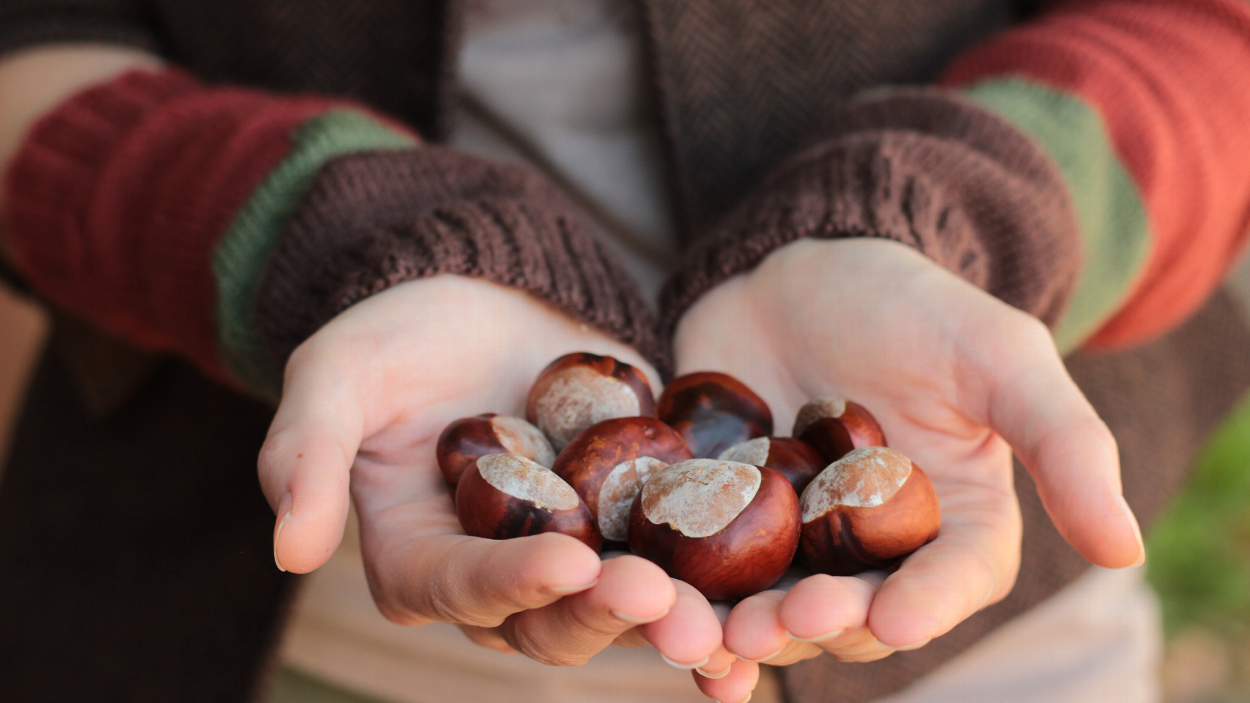If you feel the gentle tug of anxiety creeping back in as the nights draw in and the weather turns then you aren’t alone. Studies estimate that around 5% of the population suffers from Seasonal Affective Disorder (SAD) with a further 10% having milder symptoms.
While it is easy to brush off as simply ‘missing the summer’ or not liking this particular time of year, it can sometimes develop into something that can affect your life on a deeper level, especially if you are someone who struggles with change.
As the summer comes to a close and we say goodbye to what can feel like the most idyllic moments of the year, it is perhaps not surprising that difficult emotions can bubble to the surface. Depression, anxiety, grief and a feeling of overwhelm are all too common at this time of year as we adapt to the colder temperatures and stormy weather. Add to this the pressure of Christmas approaching and things that once seemed manageable can become significantly less manageable. Here are some tips to help you get through the changing seasons while reducing the impact on your mental state.
Find moments of joy
While saying ‘look at the positives’ can sound both patronising and overwhelming, trying to find little moments of joy in daily life can help lift your mood. It takes the focus away from the pressure having to find everything joyful, and allows you to enjoy a moment of happiness. A shiny conker, a child throwing leaves in the air, a first sip of a hot drink or the warmth of a blanket can all be small pleasures that are associated with this time of year, and focusing on those rather than the circumstance (for example seeing a conker because the bus is late, or needing a blanket because the house is cold) can help you to develop the habit of gratitude - a habit that could help to reduce the symptoms of anxiety.

Be patient with yourself
Allowing yourself to feel the emotion, and be ok with it is important. If you find this time of year a struggle, try to imagine how you would treat a friend struggling in the same way - it is unlikely that you would be as critical of them as you are of yourself, and yet being impatient and critical of ourselves is usually our natural response. Equally, don’t be drawn into downplaying your emotions because ‘other people have it worse’ - suppressing our emotions can lead to mental burnout. Remind yourself that you have a right to feel your emotions, so feel them. No one is more or less worthy of a particular feeling, and yet we have a peculiar tendency to assign worthiness to negative emotions (when was the last time you told yourself that you couldn’t feel happy because someone else was happier?)
Emotions are valuable
We often treat our emotions as an undesirable side effect of being human - completely forgetting that they can provide us with valuable feedback on our current situations. The process of sitting with your emotions can lead you to identify areas that you might be able to adjust to better suit your needs - anxiety often has a cause, and if you can fix that cause you may well be able to reduce the impact it can have on you.

Coping with change
Autumn can be a time of big changes - if you have children then the return to a new school year can be stressful for all involved, especially if it signifies a major transition such as starting school for the first time, moving to secondary or going away to university.
Change is inevitable in life, and developing healthy coping mechanisms is one of the best ways to reduce the impact it has on you day to day. Learning to cope with the stress that change brings is important, and so if trying to keep some normalcy in your day to day life. Humans naturally gravitate towards routine, so if things feel like they’re changing then trying to keep key parts of your routine in place can help the change to feel more manageable.
Reframe your thought process around the change - rather than skipping straight to feeling overwhelmed and out of your depth, trying to find a positive light can trick your mind into feeling more positive overall.

Practise mindfulness
Although it may seem like a silly suggestion, taking time to practise mindfulness and gratitude can be extremely beneficial when you’re feeling anxious and overwhelmed. Try not to bury negative feelings under distractions or new habits, but rather sit with your emotions and just let them be rather than striving to understand them.
Focusing on 3 things that you are grateful for, even the smallest things, can help you to adjust to a more positive mindset overall.
If you find that negative feelings become overwhelming during the transition from summer to autumn, then I hope that these tips will help. If you find yourself in need of a little more support, then counselling could help you develop the mental skills and tools needed to understand your emotions and, over time, find that anxiety affects you less day to day.
